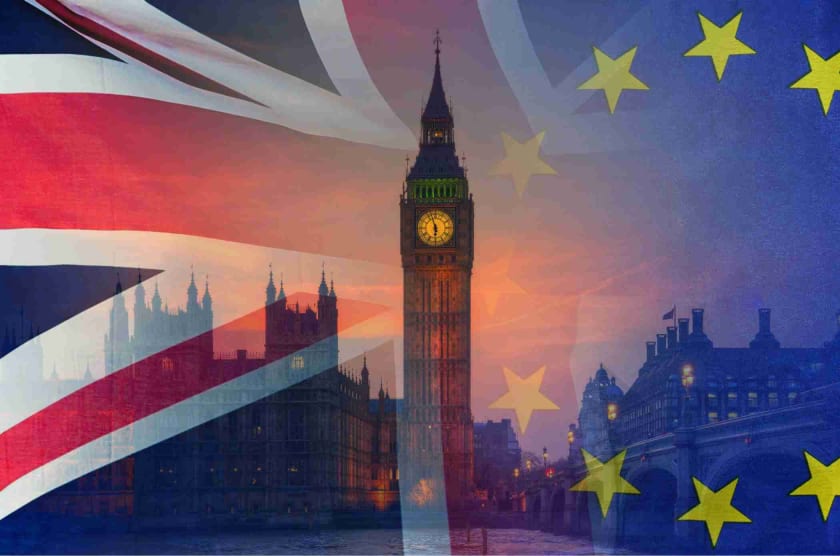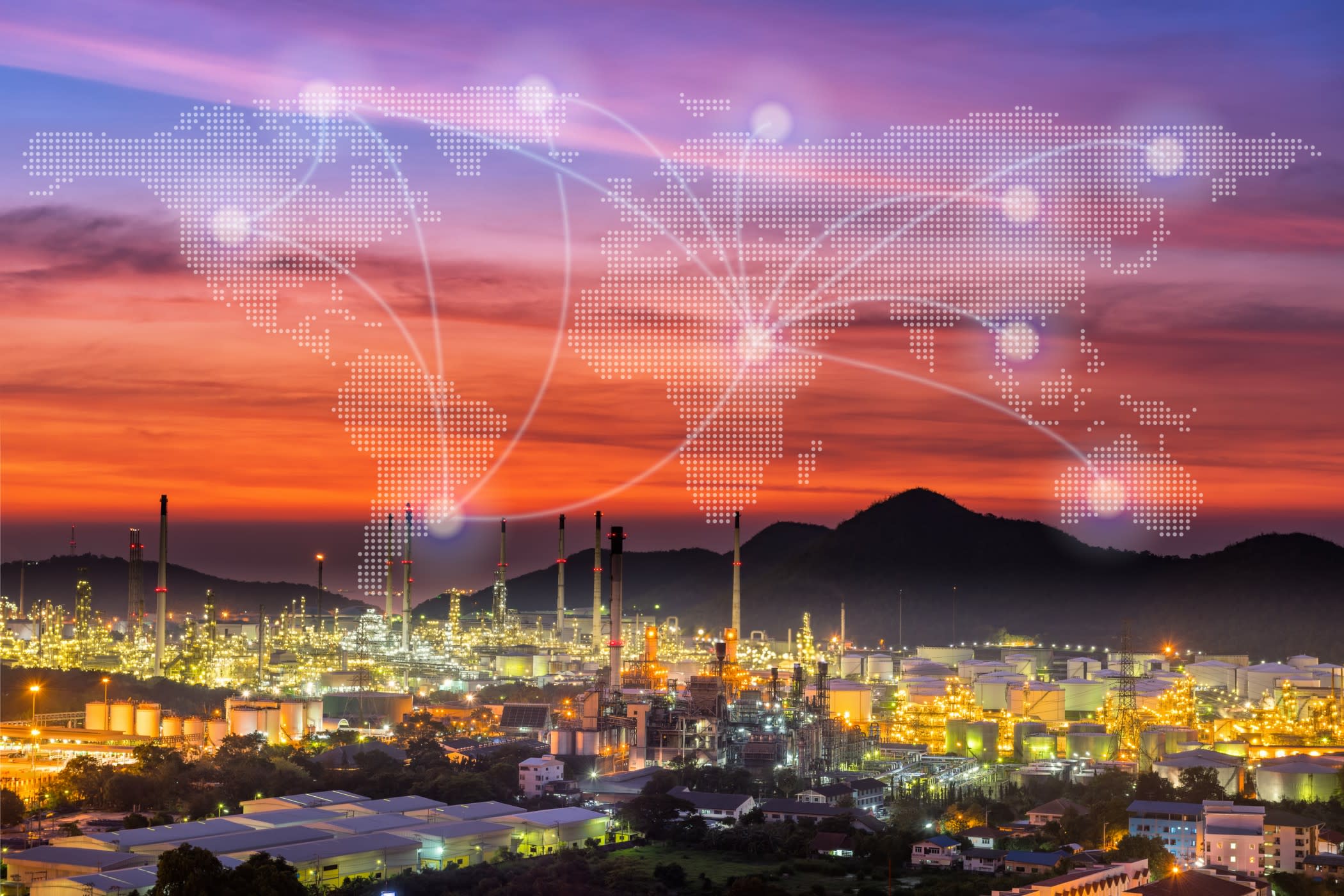Major Events That Have Shaped Textile and Apparel Supply Chain in the Recent Years!



The textile and apparel industry has met with several challenges in the past few years, most of them fueled by major world events. Let’s take a look at the events that have been shaping the business for a while.
Covid 19

The past year and a half has been extremely eventful with covid 19 sweeping across the globe, affecting lives in all possible ways. China is one of the countries that has been ravaged by the pandemic. China is the leading supplier and producer of many fabrics and materials, and the pandemic-induced bans and restrictions have created a serious gap in the supply chain, which is likely to persist for a while. Other countries like India and Bangladesh too have been unable to carry on with regular operations, which has led to huge economic losses for the nations.
US-China Trade War
The US-China trade war is likely to impact the global supply chain in the long run. A significant percentage of USA-based companies have their manufacturing base in China, and the clashes between the two nations have taken a heavy toll on business over the past few years. USA has been imposing tariffs and restrictions on China, and China too has been retaliating. Very recently, for instance, following US’ accusations regarding forced labor, China removed H&M from their digital market. In fact, it is not just the apparel industry but every business caught up in the trade war is likely to suffer from the impact.
Brexit
Brexit has proved to be an unfavorable move for the fashion industry in UK and the industry is still coping with the disadvantages of Brexit. About 400 prominent fashion designers have written a letter of caution to the UK's Prime Minister about the devastating effect of Brexit on the International supply chain. It is estimated that at least 52,000 smaller companies that form the backbone of the UK's fashion industry faced financial losses as the consumers on both sides of the English Channel were refusing to invest due to the unexpected VAT and tariff charges.
As a response to the rising concern, the UK government promised to work closely with the fashion brands to aid them with the necessary support. For now, they are aiming towards creating a positive trading environment.
WTO and Tariff Preferences

The world trade organization has had a positive impact on the fashion industry. The WTO allows developing nations to gain special rights. These nations get tariff preferences according to the GSP (Generalized System of Preferences). The tariffs offer a price advantage to locally-produced goods over similar imported goods. Also, they raise the revenues for governments of developing countries, boosting their economies.
The Global Scenario
The global economy has reached a crossroad now struggling to thrive despite the major changes. Changing consumer behaviour has oriented the business goals in a different direction. Manufacturers seem to prefer developing countries over developed countries to reduce labor costs.
Even the developing countries are suffering due to unpredictable market responses and short production cycles. To keep the production cost down, the developing countries have been struggling to source cheaper raw materials and reduce the delivery cost. Cheap labor is the only advantage that these countries have come to rely upon.



















